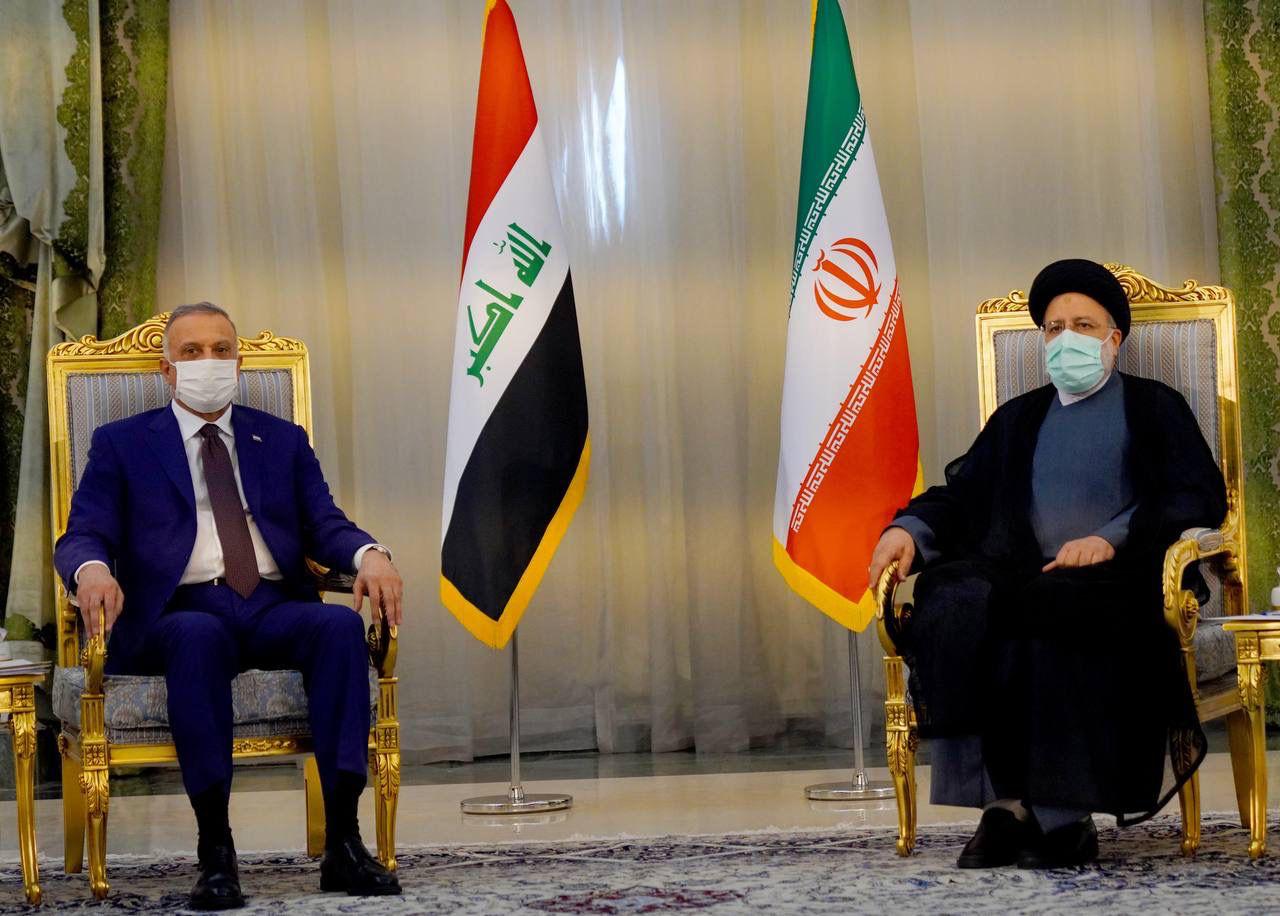The negotiations taking place in Vienna between Iran and the 4+1 group, in which the United States is an indirect participant, are garnering special interest in Iraq. This is driven by a number of factors, most notably the possible repercussions of these negotiations on the Iraqi domestic front, and the possibility that further US sanctions against Iran will have a negative impact on the Iraqi economy. Moreover, Baghdad is seeking to play a bigger role in the regional arena, particularly in the mediation between various powers. Prime Minister Mustafa Al-Kadhimi’s approach to regional politics was therefore centered on the need to bolster efforts to create stability in the region.
Main Motives
Iraq made efforts to enhance the prospects for reaching an agreement that would ensure the continuation of the nuclear agreement. In this context, Iraqi Foreign Minister Fouad Hussein, who visited Tehran on December 23rd, called for direct dialogue between Iran and the United States, noting that indirect negotiations may not help in reaching the desired results. He declared that “There is a problem with the negotiation mechanism, as negotiations with the American side are indirect and through a European representative.” Hussein added, “There is a need for direct communication between the two parties, and we are striving for this.”
Iraq had previously played a mediating role between Iran and the United States, hosting one of the meetings held between Iran and the 5 + 1 group on May 23rd, 2012, which later paved the way for reaching the nuclear agreement after nearly three years. Iraq’s renewed efforts at this time appear to be gaining special momentum, and there are several possible explanations for Iraq’s current interest, these include:
The domestic consequences of failed negotiations: The Iraqi government is deeply concerned about the possibility of the negotiations failing, as this would quickly impact the Iraqi domestic front. In such an event, Iran could possibly give the green light to its allied armed militia to target US interests, to exact a price from Washington and raise the stakes regarding the continued imposition of US sanctions. Iraqi Foreign Minister Fouad Hussein was clear in referring to this overlap between what is happening on the domestic scene and the possible paths of nuclear negotiations, when he said that “US-Iranian relations are not an external issue for Iraq but a domestic one,” noting that “tensions would reflect directly on Iraq.”
The threat to energy supplies: Continued US sanctions on Iran, which may increase in the event of failed negotiations, may significantly affect energy supplies from Iran, on which Iraq continues to depend to meet part of its needs. It is of note that the administration of President Joe Biden has not so far raised the ceiling of sanctions imposed on Iran, despite the latter’s insistence on developing its nuclear program to unprecedented levels, which were reflected in the production of about 17.7 kilograms of 60% enriched uranium. This is primarily due to the Biden Administration’s desire to enhance the prospects of reaching a deal in Vienna and stop opposing forces in Tehran from obstructing the process. Accordingly, the Biden Administration has taken a decision to extend the exemption of Iranian energy supplies to Iraq from sanctions. That said, this decision may change at a later stage, especially in the event that the Vienna negotiations do not reach a conclusion, as their failure may lead the US administration to refuse granting waivers, thereby impacting Iraq.
Concern over indirect negotiations: Iraq believes that the mechanism by which negotiations are conducted at the present time could eventually lead to their failure, especially given the lack of direct talks between Iran and the United States. This lengthens the process, as the Iranian and US delegations relay messages through the other European, Russian and Chinese negotiators, at a time when negotiations must accelerate in light of Tehran’s insistence to move forward in developing its nuclear program in parallel with the talks. Additionally, indirect talks can lead to differing viewpoints, which must be avoided, at least at the current stage.
Bolstering Iraqi engagement in the region: Although the domestic effects of the nuclear negotiations represent an important variable in explaining Iraq’s moves in this regard, this stance is also linked to Iraq’s foreign policy. Iraq has focused strongly on strengthening its relations with Arab countries, easing rising tension between some regional powers, and supporting efforts to consolidate regional stability. Four rounds of Saudi Iranian dialogue were held in Iraq. Baghdad also hosted the Cooperation and Partnership Summit on August 28th, where Prime Minister Al-Kadhimi was keen to confirm that “Iraq refuses to use its territories as an arena for regional and international conflicts”. This indicates Iraq sees a clear link between stability in Iraq and developments in the region, especially with regard to the nuclear deal.
Escalating tensions in the Middle East: Parallel to the continued stalemate in Vienna, tensions have escalated on the regional level, as the issue is no longer confined to Iran and the United States, but now also includes Israel. The latter is keen to affirm its readiness to move militarily to neutralize the potential threats of the Iranian nuclear program to its security. In this context, the Israeli Knesset’s Financial Committee lately approved a secret budget for the security services to the amount of USD 2.4 billion , to confront the Iranian threat. Meanwhile, from December 20th to 24th, Iran conducted the Great Prophet 17 maneuvers, in which it deliberately launched 16 ballistic missiles, with different ranges, of the Emad, Dezful, Zulfiqar, Qadir, Sejil and Zelzal models. Chief of Staff Mohammad Bagheri said, “This is part of the Iranian missile force. 16 missiles hit the same target. This is a small part of hundreds of missiles capable of destroying any country that wants to attack Iran.”
Iraq has a strong interest in supporting efforts to reach a settlement between Iran and the United States, whereby the latter rejoins the nuclear agreement in exchange for the former’s adherence to its commitments. These interests not only relate to possible negative consequences of the failure of these efforts, but also shed light on the possible repercussions to the region as a whole.


